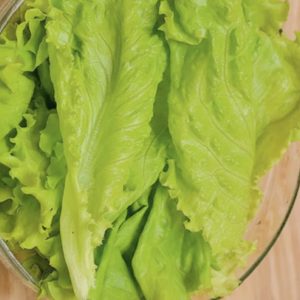Hypertension, or high blood pressure, is one of the most common health problems, often going unnoticed by those affected. While excessive salt intake is widely recognized as a contributor, other factors—such as genetic predisposition, lack of physical activity, and weight gain—also play significant roles. Many people remain unaware that their blood pressure is above recommended levels, making early detection and management essential.
A healthy diet is a cornerstone of hypertension management. Reducing sodium intake while increasing fruits, vegetables, and whole grains provides nutrients that help regulate blood pressure and support cardiovascular health. At the same time, it’s important to limit saturated fats and refined sugars, which can exacerbate high blood pressure. Medical experts emphasize that hypertension is influenced by multiple dietary factors, not just salt, making a varied, nutrient-rich diet vital for prevention and control.
Regular physical activity strengthens the heart, improves circulation, and reduces stress, all of which help lower blood pressure. Walking, jogging, swimming, or other aerobic exercises at least three times a week are recommended. However, it is important to consult a healthcare professional before beginning any exercise plan, as some medical conditions require special guidance. Equally crucial are regular checkups, stress management, and adequate rest, which allow for early detection of blood pressure changes, timely intervention, and long-term health. With consistency and proper care, it is possible to maintain healthy blood pressure levels and improve overall quality of life.





